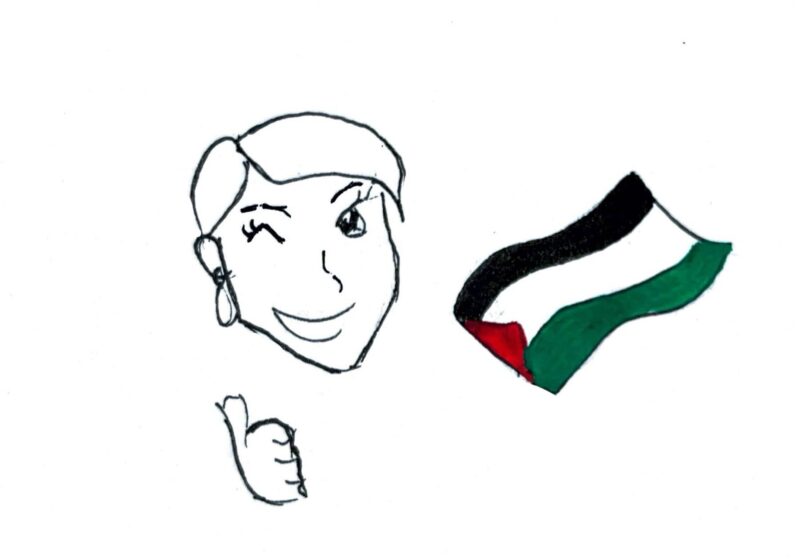The recent National Debate Tournament rankings placed UR’s Debate Union fourth in the nation. Professor of English Sam Nelson, the coach of the team, said that this is the debate club’s “best year ever” and that they are “poised to win the national championships.”
Nelson was also optimistic about the varsity team’s prospects. He said that seniors Amy Novak and Camber Warren were the top returning debaters. They were both awarded All American Honors and are regarded as one of the top teams in the eastern United States, he said.
The team has attended six tournaments this year and has fared well in both novice and junior varsity tournaments, Nelson said. UR’s novice debaters met one another in the finals at tournaments in West Point and Binghamton. By doing this the team both wins and achieves what is called a “closeout.” UR’s junior varsity debaters achieved closeouts also at tournaments in Vermont and Bingham-ton.
“We have so many good debaters, it is impossible to pick one or two of the best new debaters,” Nelson said. He did, however, name freshmen Zack Fisk and Steve D’Amico as having the potential to win the upcoming novice national championships.
The Debate Club maintains what Warren calls “an open door policy” where new debaters ? or novices ? are taught how to debate and cultivate skills such as technical speaking and critical analytical skills. With the cultivation of such skills, a high level of motivation, commitment and creativity is encouraged to fuel the members on to constantly improve.
“The more you debate, the better you get,” freshman Anna Czapla said.
The topic debated this year is whether the “United States government should substantially increase federal control throughout Indian country in one or more of the following areas: child welfare, criminal justice, employment, environmental protection, gaming, resource management, taxation.”
Lecturer of English Ken Johnson, one of the coaches, emphasised the need for organization and varied research for debaters to be prepared. “An average debater in a semester does the equivalent to the research one does for a master’s degree,” he said.
A typical debate round at a tournament includes the presentation of evidence by the affirmative and then a cross-examination by the negative. This pattern is then reversed. This is then followed by two sections of alternating rebuttals ending with the affirmative summing up their arguments. Each team is allowed a total of 10 minutes of preparation time, which they divide throughout the round as they choose.
“Debate is one of the greatest things to do because it opens your mind,” sophomore Rajen Subra-manian said. With such a depth of research, he said, it encourages him to put his academics and what he learns in the classroom, into action.
Freshman Nafees Nurudian was happy about what the debate experience has done for his public speaking skills. “The best part is the personal satisfaction and self esteem,” he said.
Nelson said that debating can be a great help for future studies in the field of law.
The team will next attend a tournament at Columbia University this weekend. The Novice Nationals are in March of 2002 and the Varsity Nationals are in April of 2002 at California State University.
Nelson said that students interested in joining the team are welcome at meetings held every Monday and Thursday at 7:40 p.m. in Morey 100, or to contact him at samnelson4@aol.com.
Samtani can be reached at asamtani@campustimes.org.




